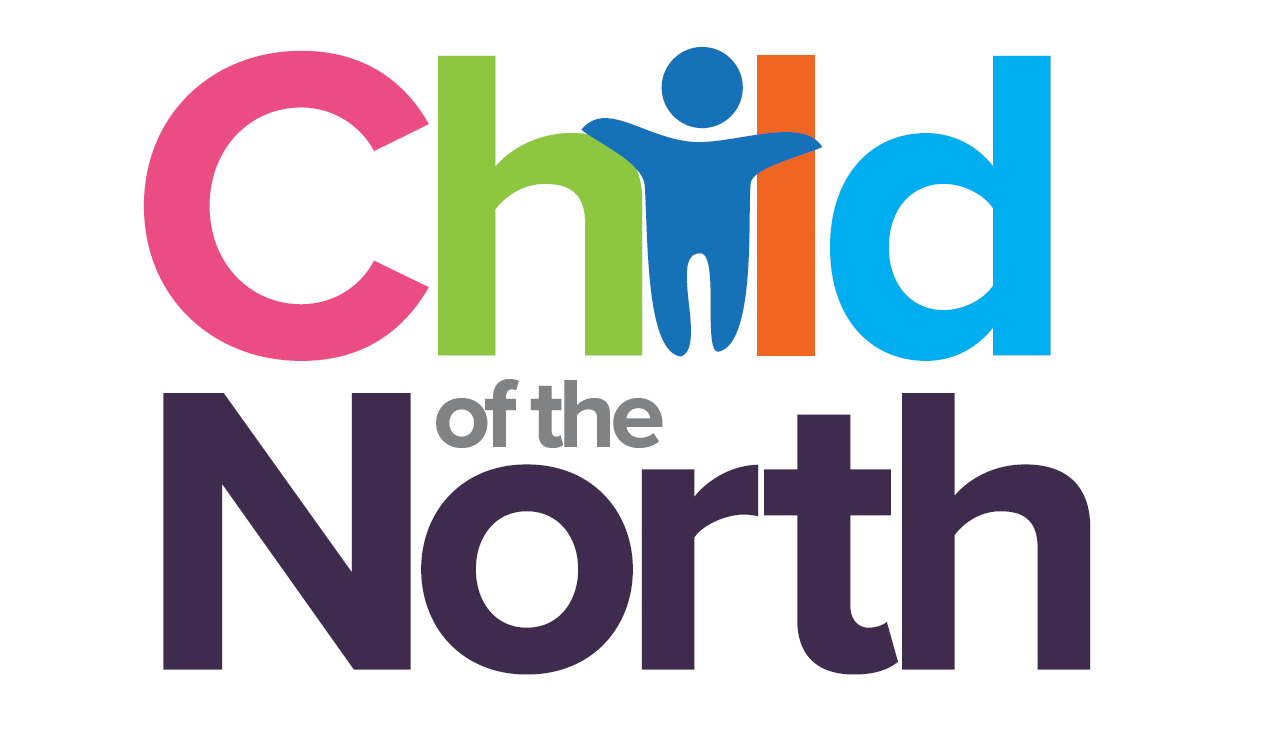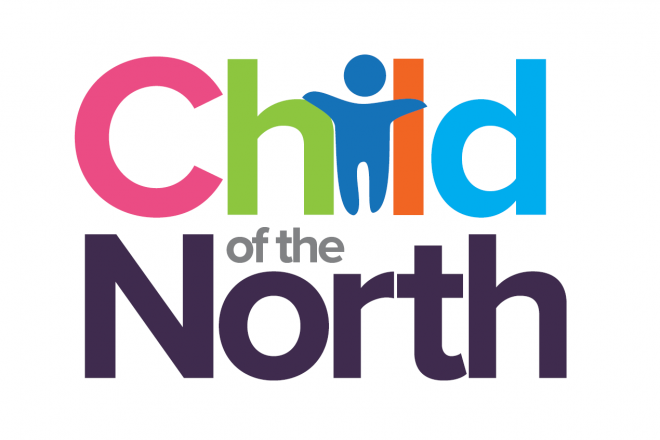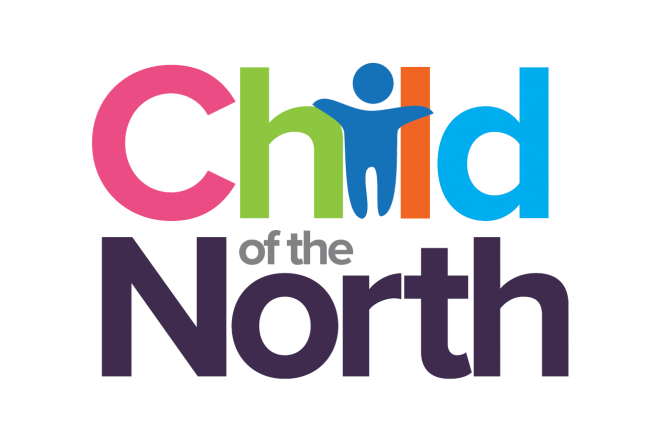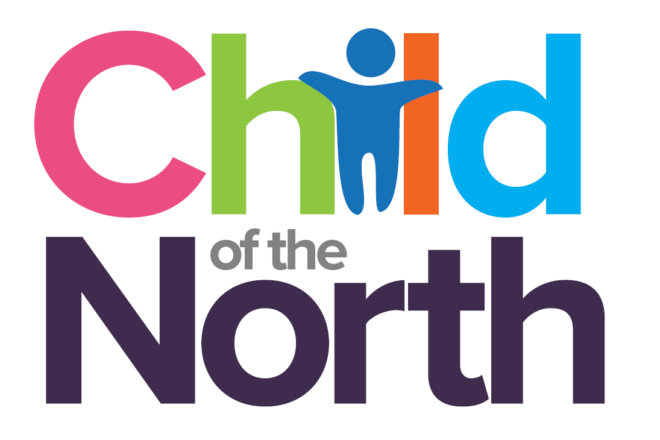
UK children dying through poverty, data shows
Published today by the Child of the North initiative, a new report shows:
- Children living in the most disadvantaged areas are more likely to die in intensive care
- The number of children living in poverty is projected to rise to 4.8m by 2029
- The two-child benefit cap is pushing 109 families a day into hardship
Addressing Poverty Update: UK Children Dying through Poverty is the second updated report to be released as part of the Child of the North’s #ChildrenFirst campaign.
The report makes three recommendations:
- Remove the two child limit for disadvantaged families to lift 500,000 children out of poverty
- Support schools to take no-cost and low-cost actions to reduce the cost of the school day
- Work with children themselves, their families and the wider community to find solutions
Liz Todd, Professor of Educational Inclusion at Newcastle University who co-authored today’s report, said: “What is absolutely vital is that we see government action now on child poverty. Schools and charities are all doing so much to lessen the impact of poverty on children’s lives – and our research shows even more is possible especially if children are involved in solutions.
“But it’s very discouraging to keep seeing what we see everyday and at the same time knowing that removing the two child limit will at a stroke bring thousands of children out of poverty. And setting targets will be a rallying call for everyone.”
Report co-lead Dr Charmele Ayadurai, Assistant Professor in Durham University’s Department of Finance, said: “Today, 4.5 million children in the UK endure the harsh realities of poverty—not by accident, but as a consequence of decisions made by those who should have known better.
“In a nation of abundance, poverty is a tragedy. But wilful ignorance is unforgivable. As Dickens warned: ‘Beware this boy, for on his brow I see that written which is Doom, unless the writing be erased.’ Let us not be the authors of that doom.”
The campaign was launched at the National Opportunity Summit hosted in Leeds on Monday 8 September, where Minister Josh MacAlister pledged his support towards building a country that works for all children on his first day as Parliamentary Under-Secretary in the Department for Education.
#ChildrenFirst builds on a major series of reports produced last year on key topics identified by Northern child health leaders as major issues of concern, including poverty, special educational needs, school attendance and mental health. The reports included evidence-based plans and recommendations for policymakers to help address these issues.
The #ChildrenFirst campaign also includes the launch of toolkits designed to help schools, child health workers and local authorities take practical steps to improve the health and wellbeing issues faced by the children and young people in their care. The toolkits will be published on a weekly basis over the course of the 12 week campaign which began on 12 September2025, alongside the re-released reports in the ‘A country that works for all children and young people’ series, which were produced jointly by Child of the North – a collaboration between the N8 Research Partnership and Health Equity North – and the Centre for Young Lives think tank.
The toolkits provide evidence and suggestions about how all parties can work together to build a country that works for all children and young people. The goal is to ensure alignment between practitioners on the ground and government’s work on the Opportunity Mission to make certain that every child has the best possible start in life.
“Schools are on the frontline of the battle against child poverty. The Government has widened access to Free School Meals and is rolling out Breakfast Clubs, two important and welcome policies that will help children from low-income families and which we called for last year.
The forthcoming child poverty strategy is a crucial opportunity to go further, and ensure schools are given the resources and support they need to boost the life chances every child, whatever their family’s economic circumstances.
Today’s toolkit will help with that mission, providing practical, evidence-based advice for schools, local services, and local government that can transform opportunities for children and young people in disadvantaged communities.”
Baroness Anne Longfield, Founder of the Centre for Young Lives
Each of the 12 reports is based on in-depth research carried out by academic experts in children and young people’s health and wellbeing from universities across the North of England and beyond, including N8 Research Partnership members Leeds, Manchester, Durham, York, Lancaster, Liverpool, Sheffield and Newcastle, the University of Bradford, and others.
The policy recommendations made in the reports have helped to shape the Government’s Opportunity Mission – the goal of which is to break down the link between a person’s background and their future success, and giving children the best start in life.
“This report lays bare the stark and shameful reality that children in the UK are dying because of poverty. It is simply unacceptable that a child’s postcode determines their chances of survival, health, and opportunity. The evidence is clear that the two-child limit and other political choices are driving more disadvantaged families into hardship every day.
But the evidence shows that change is possible. If we act with urgency and compassion, we can break the intergenerational cycle of poverty, support schools to become engines of opportunity, and ensure that every child has the chance to live a healthy, fulfilling life. The cost of inaction is measured in children’s lives – and a child’s death is too high a price to pay.”
Professor Mark Mon-Williams, Chair in Cognitive Psychology at the University of Leeds, Report series editor


